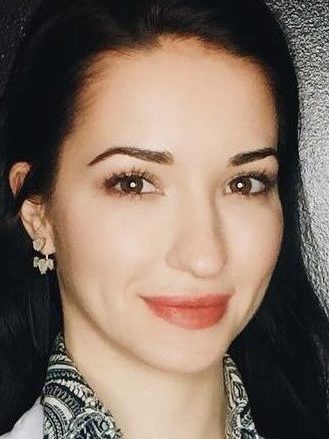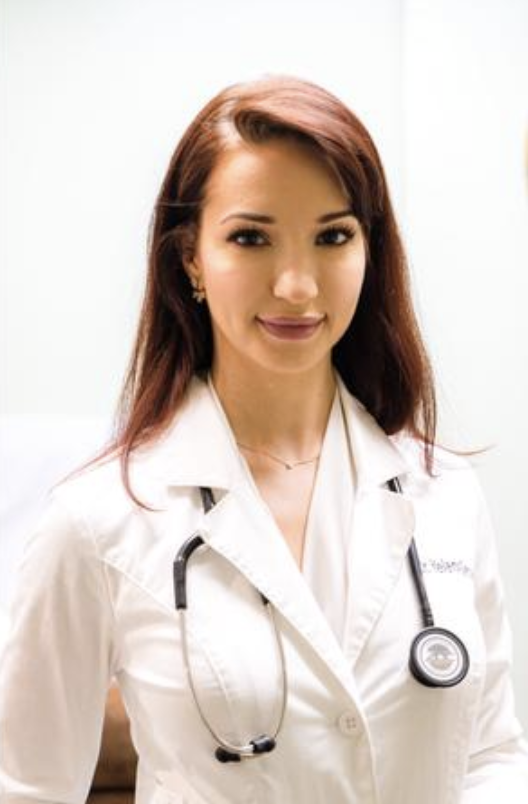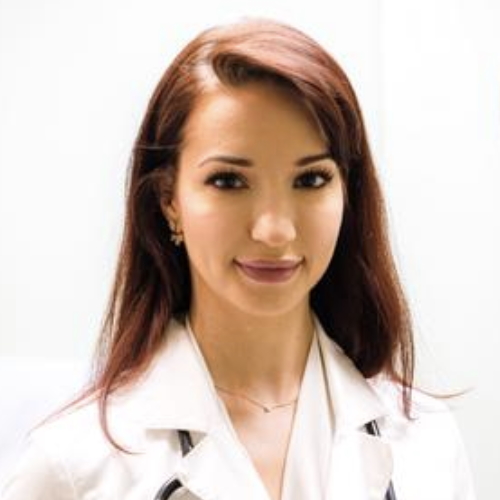Naturopathic Doctor: Cancer Diet
Yelena Deshko, ND

When we do encounter any stigmas or inaccurate assumptions, we turn to research and education. There is a growing body of evidence for our therapies.
In practice, if we can back up our recommendations with research studies, that usually dispels any lingering preconceived notions or stigmas.
Dr. Yelena Deshko, ND
“In recent decades, there has really been a wider acceptance of naturopathic practices and alternative medicines. One can almost say that they’ve gone mainstream.
- Name: Dr. Yelena Deshko
- Role: Naturopathic Doctor, Founder of Timeless Health Clinic
- Experience: 10+ years
- Robert Schad Naturopathic Clinic
- Canadian College of Naturopathic Medicine
- Approach with patients: Holistic
What is Naturopathy
How do you assess patients
The first step to becoming a patient at our clinic is to schedule an initial assessment. For cancer patients, this is typically a 1.5 hour visit where we review full medical history, recent imaging and laboratory findings, current diet and supplement routines and conduct a relevant physical examination.
After obtaining all the necessary information, we discuss what are our main treatment objectives and wellness outcomes to focus on. We then formulate a thorough treatment plan with all this information in mind.
What is a typical treatment plan
A typical treatment plan could include dietary and lifestyle modifications, individualized supplementation protocol and adjunctive treatments such as Intravenous Vitamin Therapy, acupuncture or Mistletoe injections.
After starting on their treatment plan, the patient would then receive regular follow-up visits to evaluate progress and make any necessary changes.
Focus on Diet
What are common dietary concerns for chemotherapy patients
Cancer and chemotherapy present specific dietary challenges. Often chemotherapy patients experience side effects such as nausea and loss of appetite which can make implementing specific dietary interventions more difficult.
Some strategies to help chemotherapy patients stay well nourished include eating small but frequent meals throughout the day.
Foods rich in healthy fats can help provide the necessary calories even in small amounts.
These include nuts and nut butters, avocados, olive oil, and fatty fish such as mackerel. Ginger is spice that’s well known for its anti-nausea properties. Ginger can be consumed as a tea with meals, or as an ingredient in sauces or dressings.
Ginger capsules can also be purchased from many health food stores. When contemplating a supplement, it is best to consult with your healthcare provider to avoid any potential interactions with chemotherapy medications.
Why dietary recommendations differ
Research connecting diet and its effects on cancer is constantly evolving. Even a decade earlier we didn’t know many of the things we know today.
Some practitioners may still be unaware of the latest science and will maintain that diet doesn’t matter.
However, a number of recent studies have linked low carbohydrate diets such as the ketogenic diet to better cancer outcomes.
That being said, a strict diet may be challenging to follow given chemotherapy’s side effects. While striving for a healthful ketogenic diet may be the goal, it is important to keep in mind that eating something is still better than eating nothing and chemotherapy patients should not feel discouraged if unable to stick to a strict dietary program.
Is there a “cancer diet?”
There is a multitude of claims on the internet regarding the cancer curing and preventing effects of certain diets or specific foods.
Much of this information comes from anecdotal reports or in vitro (petri dish) research.
Many claimed “cancer curing” foods are simply healthful foods and spices that have many health benefits for the human body.
These foods should be incorporated as part of a balanced diet, rather than relied on for specific anti-cancer effects.
Over the decades many diets have claimed to provide anti-cancer benefits. Unfortunately, much of these have not been proven through research.
The two most promising dietary approaches research-wise are the Mediterranean diet and the ketogenic diet.
The Mediterranean diet seems to provide a cancer preventative effect together with a host of other health benefits such as a lower incidence of heart disease and diabetes.
The ketogenic diet is an ultra-low carbohydrate, high fat diet which seems to provide improved outcomes for patients receiving chemotherapy cancer treatment.
Research is still upcoming in this area, so diet alone should not be relied on for specific therapeutic effects.
What’s your advice on dietary changes for a cancer patient
A general rule of thumb is to avoid high carbohydrate and processed foods such as breads, pasta, baked goods, candy, and packaged foods.
It is best to focus on a varied diet that includes plenty of healthy fats, lean proteins, leafy greens and as many vegetables as possible.
If attempting a therapeutic diet such as ketogenic, it is best to be under the guidance of a heath professional to ensure you are meeting recommended dietary requirements and not interfering with chemotherapy medications.

Dealing With Concerns
Do you work closely with patients’ oncology teams
“We always strive to collaborate with the patients’ oncology team. In our clinical experience, an integrative approach that includes conventional, naturopathic and lifestyle medicine really yields the best results.
How do you handle the stigmas surrounding naturopathic and alternative practices
In recent decades, there has really been a wider acceptance of naturopathic practices and alternative medicines. One can almost say that they’ve gone mainstream.
When we do encounter any stigmas or inaccurate assumptions, we turn to research and education. There is a growing body of evidence for our therapies.
In practice, if we can back up our recommendations with research studies, that usually dispels any lingering preconceived notions or stigmas.
No shortCode found
